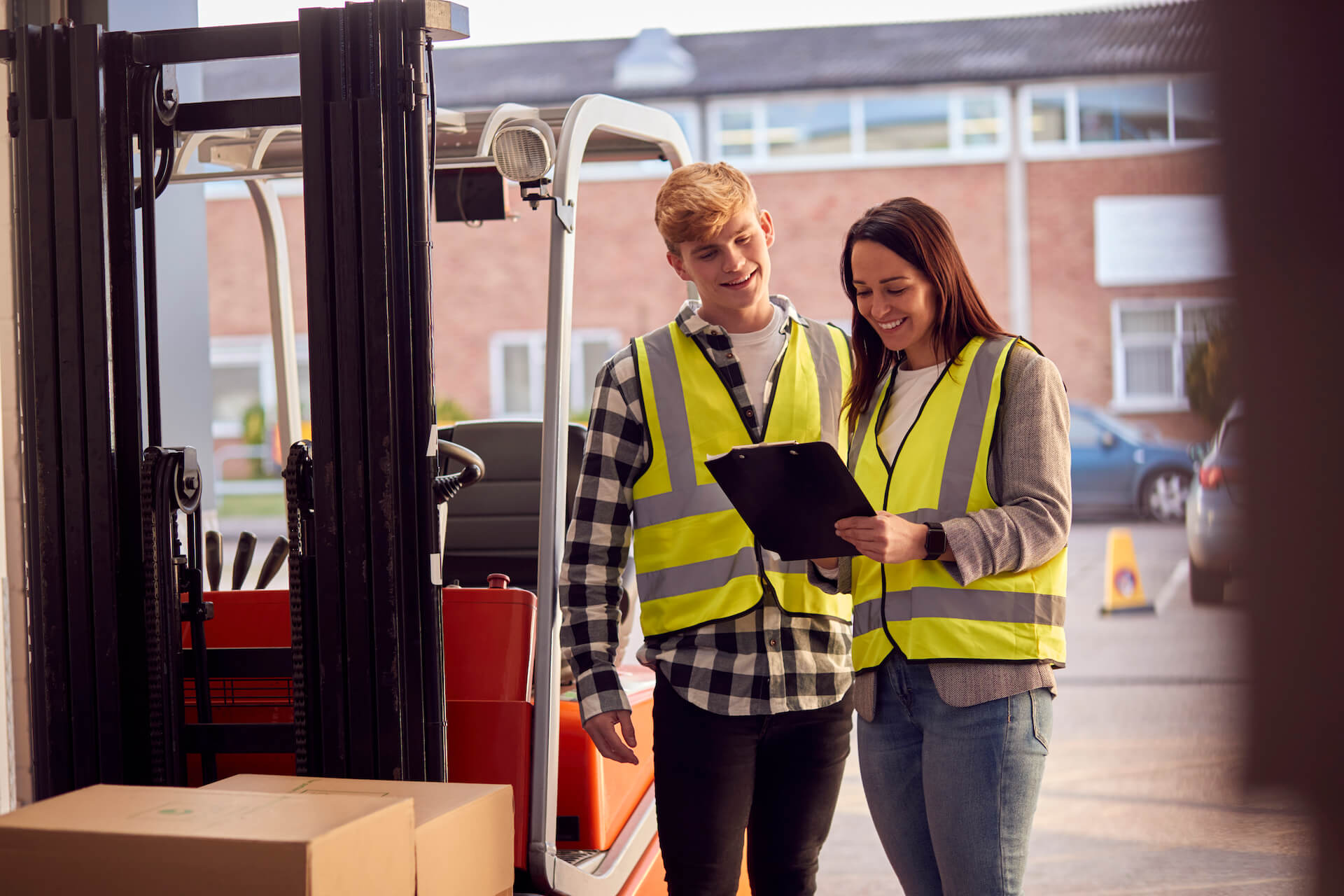- October 19, 2022
- No Comment
Heavy Equipment Safety Tips

Presented by Machinery Direct
We have all worked with a job foremen who is a stickler for safety. Sometimes there is a certain level of resentment from the crew for the strictness of the safety rules. That is the worst possible attitude to have. Job safety means worker safety, all of which is crucial for a worker to be able to work and support themselves. It doesn’t take much for workers to stay safe. All they have to do is follow the safety rules for heavy equipment when working around heavy equipment.
When Using Heavy Equipment Safety is Number 1
We are Machinery Direct, and we are a machinery supplier that works with new and established companies, to fulfil any heavy equipment needs they have. When dealing with heavy equipment it is a good idea to consider and review some of the most important safety rules for heavy equipment. We compiled a short list of tips for using heavy equipment safely. This list is not meant to be an all-encompassing safety list. There are too many different kinds of heavy machines, so this list is meant to be a general set of safety tips. Here are our tips for the safe use of heavy equipment.
Wear the Correct PPE
We’re starting our list with an obvious one – always wear the correct PPE (Personal Protective Equipment). Heavy equipment safety starts with following basic job site safety procedures, one of which is the dress code. All workers that are working around heavy equipment should be wearing their safety goggles, gloves, safety boots, and hardhats. A sometimes-overlooked piece of safety equipment for heavy machines is hearing protection. Heavy machinery is very loud and can damage the hearing of workers using heavy equipment and workers in close proximity. The correct PPE is the foundation of safely using heavy machines.
Be Aware of What’s Around You
Being aware of one’s surroundings is a critical part of heavy equipment safety. A lot of heavy equipment is big and sometimes the visibility has blind spots. Workers need to be mindful of the swing radius of the equipment they are operating, and other workers need to stay away from this danger zone. Heavy equipment operators also need to be aware of underground utilities, such as gas or water pipes, as well as overhanging powerlines. Any damage to these utilities will cause serious injury to workers at worst, or delays and additional work at best.
Pre-use Equipment Inspections
The ultimate responsibility for the condition of a heavy machine lies with the operator who will be using it that day. It is their responsibility to visually inspect the equipment to ensure it can be used safely. This means checking for tire or track damage, and checking hydraulic lines and fluid levels. The operator needs to also make sure the cab swivels, and arms and booms fully extend. All of this is a general check to make sure there is no damage and everything is in operating order. Pilots do a similar kind of check to their aircraft before they fly it, and the importance of aircraft safety is not dissimilar to heavy equipment safety.
Use the Equipment only as Intended
There is a right tool for the right job. Don’t go using a forklift as an aerial boom or a crane. We’ve all seen the images on the internet of workers using heavy machinery for the wrong purpose, and the damage that they cause. Those images and videos would be funny if they weren’t so stupid and so dangerous. All machines were made for a specific use, and using these machines as they were intended to be used is an important part of staying safe.
The Correct Way of Getting In and Out of the Equipment
A surprising number of job related injuries occur when an operator is getting into or getting out of equipment. Many of these accidents could have been prevented by following the safety rules and using some basic common sense. Don’t carry anything with you when climbing into or out of a machine. Always keep three points of contact when using a ladder. Don’t jump off the machine. Stay safe by correctly getting into and out of a machine.
Safety Starts with Quality Equipment
Heavy equipment needs to be properly maintained, or replaced if it can no longer be used safely. If you are in need of new heavy machinery as a replacement for your worn-out equipment, or if you need new specialised equipment, contact Machinery Direct.
We have many different kinds of construction machinery for sale. You can call us on 1300 794 684, or you can get in touch via the online form. We’ll help you get what you need.




